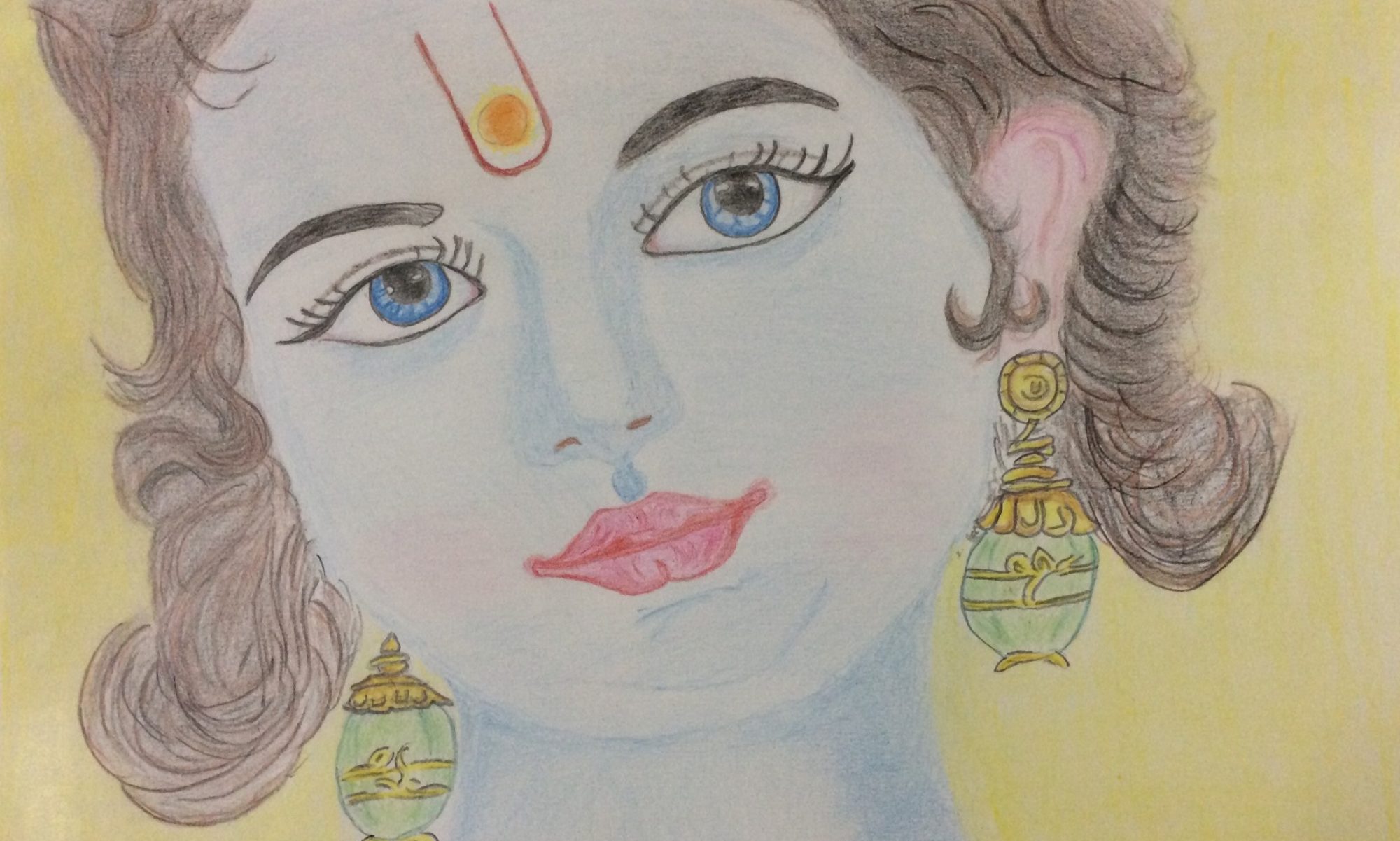
One of the common questions posed on Hinduism is, “Why are there so many Gods in Hinduism?” Hinduism has a numerous different Gods and Godesses being worshipped. In fact, the religion has over 33 Million Deities to worship. It is thus common for us to state that ‘we have many Gods’. Some of us are Vaishnavites (followers of Vishnu) or Shaivites (followers of Shiva), or we pray to the Goddess Devi and so on. But is the Hindu faith really polytheistic?
The correct answer to this question though is “No”. At the very core, the Hindu scriptures state a philosophy of ‘Advaita’ or Non-dual. The Mahavakya quote “तत् त्वम् असि”, asserts – “That is you”, meaning, there is no other God but you yourself!. In the Vedic literature, God is expressed as the Supreme Reality or the ‘Truth’ and that He expresses himself through the material universe in the form of living or non-living things. As per the Vedas, there is one supreme soul, the ‘Brahman’(ब्रह्मण), and we are are all the manifestations of the Soul living in our own individual existence.
The word “Ishvara” translates to “one who rules or owns the self”, and over the years has been extended to include God and therefore liable to incorrect interpretations. The word, “Bhagavan” on the other hand, does not appear in any of the early Vedic texts and is found in the Puranas and the Gita. God according to Hinduism, is thus the Universal Soul which we also term as ‘Brahman’.
This then raises the question, on why do we revere and worship, so many Gods if we are not truly polytheistic? The answer to this question lies really in the simple fact that it is hard for the ordinary man to conceive the soul. While the sages through their research and contemplation could gain enlightenment, they knew that it is not easy for any ordinary individual caught up in material life to envisage this concept and realise the Truth. The idol worship, the rituals and observances, and the symbolism were for oneself to help connect to the higher state and find progress towards realizing the nature of the true self.
Everyone is unique and we all differ in our likes and dislikes, goals and aspirations and hence in spiritually also, we seem to differ on our approach. There are people who seek material wealth and prosperity and will connect to Goddess Lakshmi, while there will be others who seek knowledge and wisdom and are devoted to Goddess Saraswati more naturally. Hinduism thus realizes the shortcomings of man living in the material world and thus allows him to focus his devotion to his Ishta-Devata (his favorite God). This devotion is merely the first step in his journey towards spiritual realization. This flexibility is one of the key attribute and the one main reason why the Hindu religion differs from the others. While other religions offer One God, One Path to worship, Hinduism tailors itself to seekers in diverse ways, offering every man the path to religious enlightenment.

